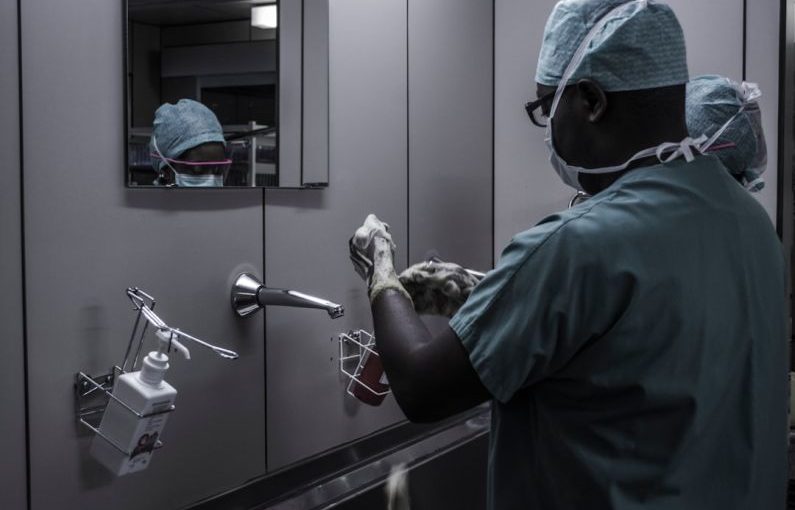Exotic pets can bring a lot of joy and excitement into our lives, but they also come with their own set of challenges when it comes to maintaining their hygiene. Proper hygiene practices are essential for keeping your exotic pet healthy and happy. In this article, we will explore some tips and tricks to help you ensure that your exotic pet stays clean and well-cared for.
Understanding Your Exotic Pet’s Needs
Before diving into specific hygiene tips, it is crucial to understand the unique needs of your exotic pet. Different species of exotic pets have varying hygiene requirements, so it is essential to research and familiarize yourself with the specific needs of your pet. Whether you have a reptile, bird, or small mammal, knowing the basics of their hygiene requirements will help you provide the best care possible.
Regularly Clean and Disinfect Enclosures
One of the most critical aspects of exotic pet hygiene is maintaining a clean living environment. Regularly cleaning and disinfecting your pet’s enclosure is essential for preventing the buildup of bacteria and pathogens that could harm your pet’s health. Use a pet-safe disinfectant to clean surfaces, toys, and feeding dishes, and replace substrate regularly to prevent the growth of mold and bacteria.
Provide Proper Grooming and Bathing
Depending on the species of your exotic pet, grooming and bathing may be necessary to maintain their hygiene. Birds may require regular baths to keep their feathers clean, while small mammals like chinchillas may benefit from dust baths to keep their fur in good condition. Reptiles may also require occasional baths to help with shedding. Research the specific grooming needs of your exotic pet and establish a regular grooming routine to keep them clean and healthy.
Monitor Your Pet’s Skin and Coat
Keeping an eye on your exotic pet’s skin and coat is essential for identifying any potential health issues early on. Check for any signs of dryness, irritation, or parasites, and consult with a veterinarian if you notice any concerning symptoms. Regularly brushing your pet’s fur or feathers can help prevent matting and remove loose hair, promoting a healthy coat.
Maintain Proper Diet and Hydration
Proper nutrition and hydration are crucial for maintaining your exotic pet’s overall health and hygiene. Ensure that your pet is receiving a balanced diet appropriate for their species, and provide fresh water daily. Some exotic pets may require supplements to meet their nutritional needs, so consult with a veterinarian or exotic pet specialist to determine the best diet for your pet.
Keep Your Pet’s Habitat Well-Ventilated
Good ventilation is essential for preventing the buildup of odors and bacteria in your pet’s enclosure. Ensure that your pet’s habitat has adequate ventilation to allow for proper air circulation. Consider using fans or air purifiers to help maintain a clean and fresh environment for your exotic pet.
Regular Veterinary Check-ups
Just like cats and dogs, exotic pets also benefit from regular veterinary check-ups. Schedule annual wellness exams with an exotic pet veterinarian to ensure that your pet is in good health. Veterinarians can provide valuable advice on hygiene practices specific to your pet’s species and help you address any health concerns promptly.
Conclusion: A Clean and Happy Exotic Pet
Maintaining proper hygiene practices is essential for keeping your exotic pet healthy and happy. By understanding your pet’s specific hygiene needs, providing a clean living environment, and establishing a regular grooming routine, you can ensure that your exotic pet thrives in your care. Remember to monitor your pet’s health closely and consult with a veterinarian if you have any concerns. With these tips and tricks, you can enjoy a clean and well-cared for exotic pet as a beloved member of your family.





